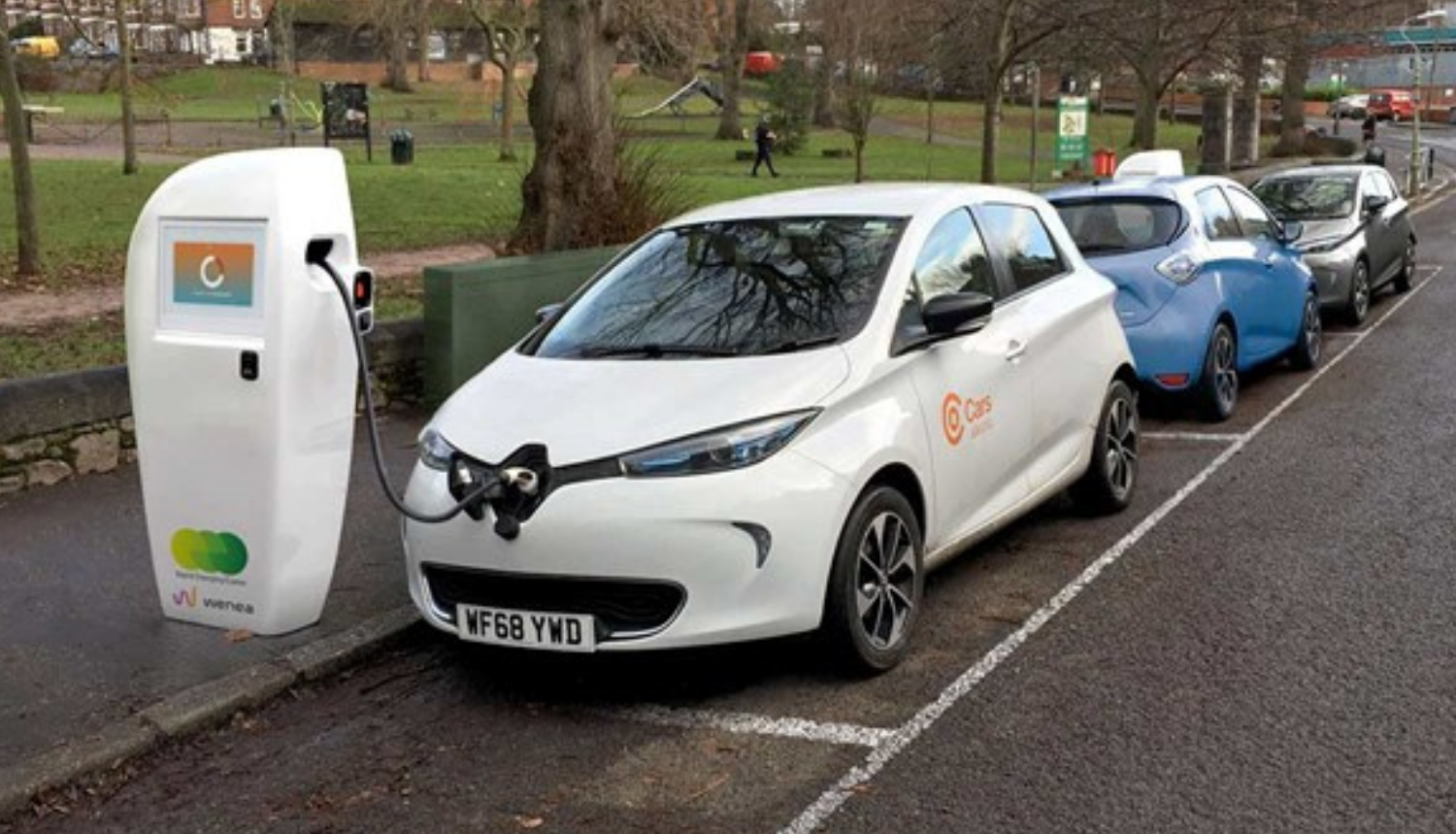

Written by: Jose Contreras, Rapid Charging Devon
As anyone with more than a passing interest in EVs knows, lack of charging infrastructure is still a major barrier to their wider adoption. At Rapid Charging Devon we’re bringing rapid charging hubs to towns and cities across the county.
Why Devon?
Devon is the UK’s second largest county and one of the most rural. Consequently, its rolling hills have long been traversed by diesel and petrol vehicles. But now, there’s a real appetite for EVs and the cleaner air that comes with them. As range increases, as does the confidence from rural communities in owning EVs.
However, it’s not all country properties with drives big enough to plug in a fleet of EVs; much of the county’s population resides in its major cities, Exeter and Plymouth, and the many towns and villages in between. Much of our work has been in understanding the needs of the varying communities across the county, whether rural or urban. We’ve started our work in Exeter and are working out from there.
Data released last year shows Exeter is already the UK’s greenest motoring hotspot, with the fastest growth in ultra low-emission vehicle (ULEV) ownership (an impressive increase of 157% across 2019).
The challenge, as with most cities and towns, is to deliver practically located rapid charging hubs that will enable the third of residents who cannot charge at home to confidently make their next vehicle electric, ensuring no one is left behind.
What’s Rapid Charging Devon all about?
Rapid Charging Devon is a consortium led by Devon County Council and includes specialists in both charging innovation and renewable energy. These partnerships enable us to reach into communities and get a full understanding of what’s needed to make this infrastructure change happen. We are creating community hubs with chargers capable of pumping in 75 miles of range (25kWh) in just 30 minutes from battery stored renewable energy and trickled grid supply. Each hub can charge up to 4 vehicles at the same time.
The chargers also offer a fast-charging solution that, in the same time frame, will provide c. 33 miles of travel (11kWh). In comparison, a typical home charger provides about 4 miles for every 30 minutes it’s plugged in.
Pricing is competitive. For rapid charging, the standard rate is 30p/kWh and fast charging is 25p/kWh. Payment is either by contactless or via an app provided by Wenea, a leader in e-mobility and renewable energy.
Cars for the community
Another widely recognised barrier to EV adoption is cost. What about the people for whom buying an EV – even second hand – remains out of reach? Our project partner Co Cars helps tackle this barrier. Co Cars is a well-established South West car club social enterprise with a track record of delivering electric shared mobility for all. This partnership means that a significant number of the hubs will come complete with a shared Co Car for the local community to use. In many instances, these will be the latest Volkswagen iD3s which can be hired from just £6 per hour (plus mileage) as opposed to the £36,000 it would cost to buy new.
As well as providing affordable access to state-of-the-art EVs for all, each shared car helps remove between 6 and 10 private cars from the road. The majority of these will be older, more polluting vehicles further helping make our air cleaner whilst reducing congestion on our roads.
The first 8 hubs are planned to go live this Autumn, with further locations rolling out across the remainder of the year and into 2022. The project consortium partners are: Wenea, Gamma Energy, ZPN, Devon County Council, Co Cars and Regen SW. The project is supported by Innovate UK.
To find out more visit www.rapidchargingdevon.co.uk.
From time-to-time we host guest blogs on our website. The views, opinions and positions expressed within these guest blog posts are those of the author alone and do not represent those of Electric Vehicle Association England.